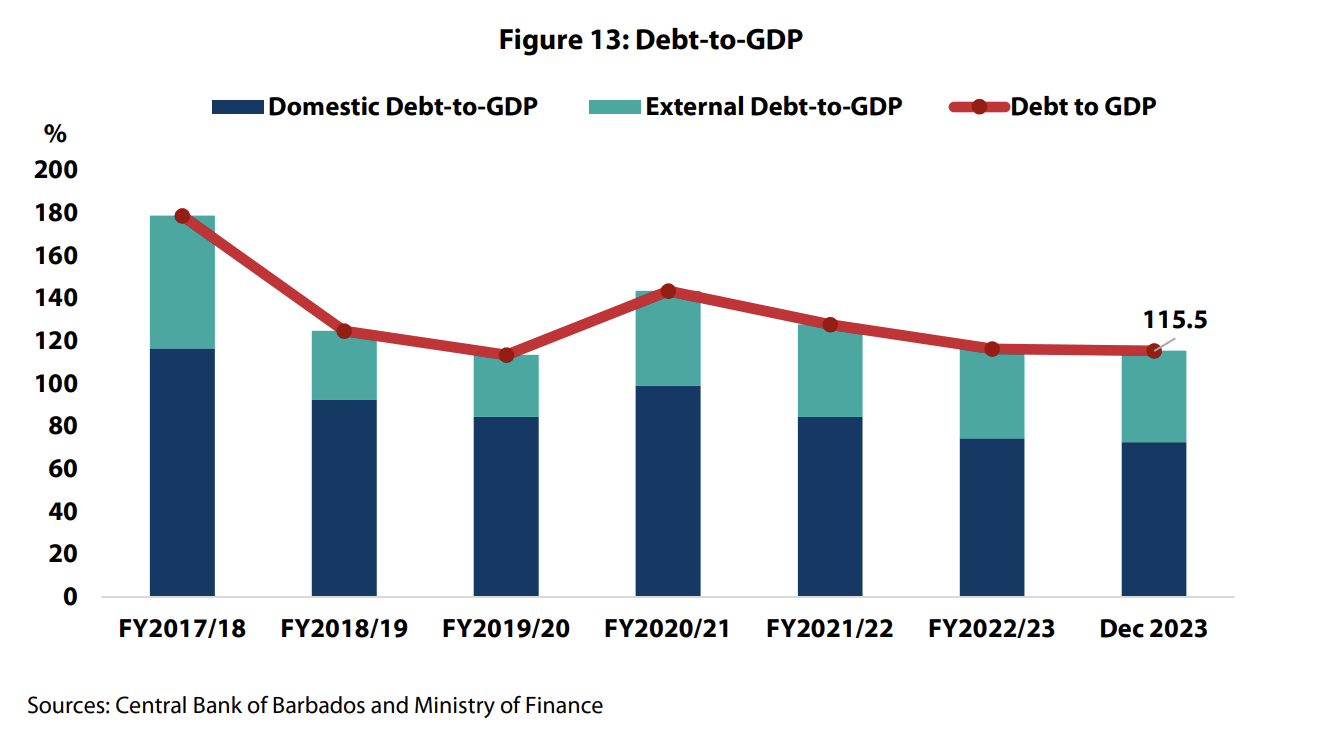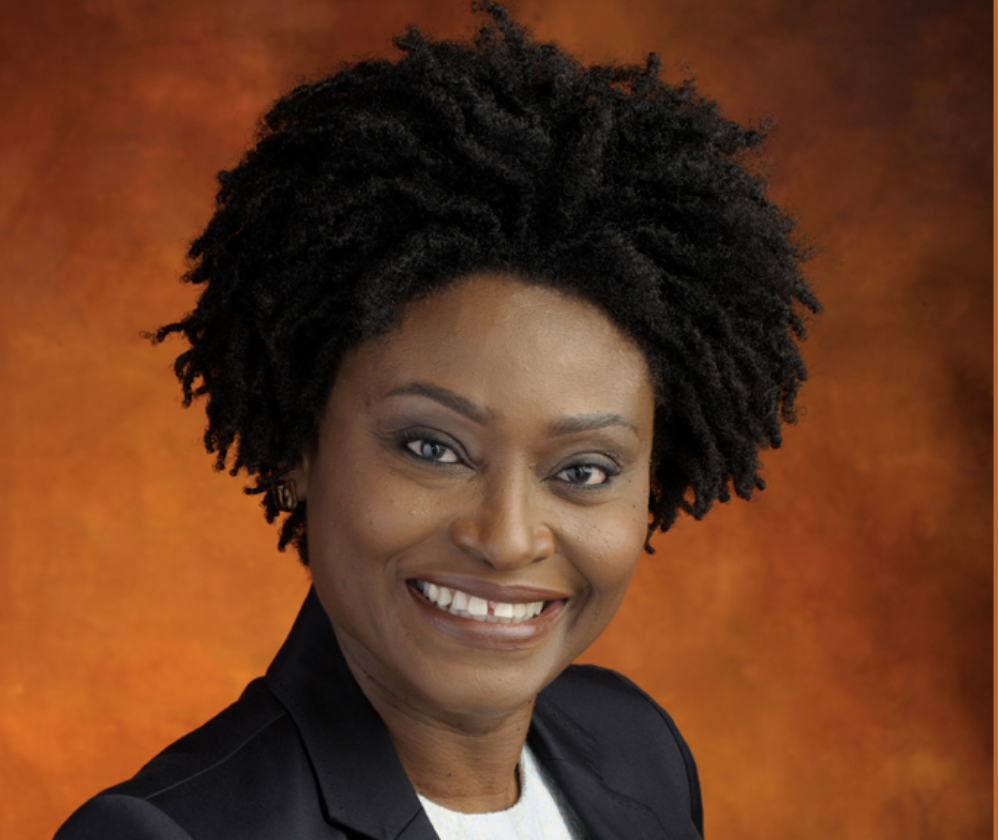Submitted by Dr. GP
The central theme of the book can be stated in one word –ASSURANCE. Thus the word “ know “and two derivatives “known “and “ knoweth “ appear 38 times in this short epistle.
One of the reasons for the writing of 1JOHN is clearly stated in chapter 5 verse13 (the key verse) where we read ……. these things have I written unto you that believe on the name of the Son of God;that ye may KNOW that ye have eternal life ,and that ye may believe on the name of the Son of God.
1John was written for believers, those persons who have accepted the Son of God as their saviour so that they might have assurance of their possession of eternal life NOW, at this present time (see 3;2). Assurance of salvation does not give us license to sin, however. The whole emphasis of this short epistle is against that conclusion.
The book deals with fellowship with Christ and with God the Father and points out that we cannot have proper fellowship unless we have assurance of salvation. Since the whole walk with God is based on whether we have Jesus or not, assurance is not only a possibility but a necessity, if we are to provide the best kind of service for the Lord. Without assurance we are useless in our service to God. How can we effectively point others to Christ as the savior if we are not ourselves certain that we are saved?
In this epistle we are assured that eternal life is resident in the children of God and is manifested to the world through them Grace and truth are seen in the lives of believers because Christ indwells them from this we know how a Christian should act.
These evidences of the Christian life become tests whereby we can know whether we really have eternal life or not. John tells us that the Christian life is going to express itself in a certain way and this in turn becomes a means of identifying the true believer. John is of course agreeing with James (Jas 2:14) and Paul (Eph 2:10 ).The whole epistle of I john is built around the idea that we can know for ourselves by our conduct whether our faith is genuine or not
The tests in 1 John whereby we tell if we have eternal life also serve to show believers if they are growing in the Christian life .
The more we read the book, we see that wherever we test for evidence of the new life in Christ we can also test for evidence of growth and maturity in the new life in Christ.
They are many who have been indoctrinated by the devil’s agents that we cannot know that we are saved until we get to heaven and God judges our works. First John was written too correct this early heresy. John is at pains to assure us, and to have us to know that we are saved, that we have the right spirit, that we will be like Jesus when he comes, how to test whether we are true or false.
John thus communicates vital certain knowledge to those who do believe.
This letter like others in the New Testament was written in deep disturbance and in ardent desire to defend the faith against dangerous heresies that were abroad as had been predicted by the Lord, Peter, Paul and Jude especially. The epistles of Paul and John are documents of the conflict in which the early church was embroiled. If we understand these problems we will appreciate the epistle better and appreciate that the contemporary church is involved in the same conflict.
At the time of writing Jerusalem had fallen, and the temple the pride of Judaism lay broken. The old struggle to debase the Christian faith and transform it into a sect of Judais had failed, and the attempt to work out a compromise with paganism and to interpret the new faith as a liberal philosophy was at its height. That is why Johns epistles are so vitally important today, because they are the first answers of the true tradition to liberalism. The battle was within the battle which Paul had forseen in his farewell address to the Ephesian elders 30 or more years earlier as presented in Acts 20:28-32 .
Note also that in preparation of this outline, I have deliberately explained the verse or section briefly because this outline is meant to be used as an expository introductory outline, in the teaching of the book (as for example, in a New Testament Survey ).
Note also that ASSURANCE is stressed in the outline since it is intended to show assurance as the central theme of the book.
ASSURANCE that we can KNOW THAT JESUS CHRIST IS REAL! (1:1-3)
ASSURANCE that we can KNOW fellowship with the Father and the Son & fullness of joy (1:3&4&7)
ASSURANCE that we can KNOW how to distinguish LIGHT and TRUTH from darkness and error (1:5-7)
ASSURANCE that we can KNOW how to be cleansed from sin & if we are POSSESSORS OR PROFESSORS (1:7-10)
ASSURANCE that we can KNOW that we need not sin but that there is provision for every act of sin (2:2 )
ASSURANCE that we KNOW HIM if we keep HIS commandments (2:3-6)
ASSURANCE that we KNOW that believers who love each other are keeping Christ’s commandments and walking in LIGHT (it is impossible to truly obey and walk in light without loving the brethren) (2:7-11)
ASSURANCE that our sins are forgiven, that we KNOW both the Father and the SON and that we have overcome the wicked one (2:12-14)
ASSURANCE that the world system (the cosmos) is temporary, but those who love the Father rather than the world will live for ever. The cosmos is not of the Father; one cannot love both simultaneously (2:15-17).
ASSURANCE that antichrists are in between the true believers but that there are characteristics by which they can be identified (2:18-19 &22-26).
ASSURANCE that we have been anointed by the HOLY SPIRIT, who is truth and our indwelling teacher . Consequently we need no other teacher, and we KNOW the truth (2:20-21&27).
ASSURANCE that those who deny the Father and the Son are antichrists, liars, and hath not the Father .In contrast those who acknowledge the Son and continue to live in obedience to him are promised eternal life.(2:22-25)
ASSURANCE that JESUS is coming again, and an injunction to live (abide in Him) in such away that His appearance will not occasion shame but confidence (2:28)
ASSURANCE that those truly born of God will do righteousness because God is Righteousness (2:29).
ASSURANCE that God’s love for the believer is quantitatively and qualitatively such (what manner) that he has adopted us as sons NOW (3:1&2).
ASSURANCE that when Christ comes again we shall be like Him; this should motivate us to live lives that would reflect his purity.(3:2&3).
ASSURANCE that Christ was sinless and that he came (was manifested) to take away sins(3:5).Sin is defined in verse 4.
ASSURANCE that those who abide (continue or remain in the relationship of fellowship with God & Christ ) will not habitually sin: those who do sin habitually, don’t even know GOD.(6)
ASSURANCE that those who habitually practice righteousness are righteousness (7)
ASSURANCE that those who habitually practice sin are of the devil who is the originator of sin and has been sinning from the beginning of his history: JESUS, however came to, and destroyed the effects of sin. (8).
ASSURANCE that born of God people do not sin because of their possession of God’s seed (nature, genes, essence ,Spirit) which restricts them from doing so (3:9).
ASSURANCE that born of God people distinguish themselves from the devil’s children by doing righteousness and loving the brethren (3:10)
ASSURANCE that Jesus’ commandment that believers should love each other (John13:35) still holds true (3:11&23).
ASSURANCE that believers will not be like Cain, who is a type of the unbelieving world who hates persons that genuinely try to please God and live for Christ (3:12)
ASSURANCE that the world will hate us (3:13)
ASSURANCE that truly habitually demonstrating love for God’s people is evidence that we are born again of God .Those who hate are still dead in trespasses and sins.(3:14) Love is the pathway to life & hatred ,the pathway to death.
ASSURANCE that folk who hate are murderers (Matt5:21-24) ; murderers don’t have eternal life.(3:15)
ASSURANCE that believers will be willing to die for other Christians, just as Christ died for us, and will share that with which God has blessed them with other believers (3:16 &17).
ASSURANCE that genuine love is practical-it is manifested by action! (in Deed & in truth).(3:18).
ASSURANCE that we are of the truth when our hearts condemn us, because God knows, inter alia about our repentance and has forgiven us (cf John21:17),
ASSURANCE that God’s answering of our prayers when we are obedient & God’s gift of his Spirit gives us the inner assurance that God is our Father and we are his children (3:19-24)
ASSURANCE that many false teachers ( the spirit of antichrist ) are already present in the world but that truth can be differentiated from error by a fool proof test given to identify the false teacher 4:1-3
ASSURANCE that we are overcomers because the requirement for victory has been provided for us (greater is he that is in you i.e Christ & the Holy Spirit ) ( 4:4) see also 5;4&5
ASSURANCE that worldlings speak like the world, are heard by those of their ilk, but do not listen to Godly folk: this is in contrast to the Godly who listen to the Godly. Such behaviour provides another fool proof test which differentiates truth from error ( 4:5&6 ).
ASSURANCE that those who obey Jesus’ commandment to love the brethren are born of God and know God because God is the source of love : in contrast, those that do not love ,do not know God ( 4:7&8 )
ASSURANCE that God manifested or demonstrated or proved his love by sending Jesus to be the propitiation for our sins and to give us his quality of life: Christians are to demonstrate this sort of love to each other ( 4:9-11 ).
ASSURANCE 12-17
ASSURANCE that God’s perfect love ( by sending Jesus to die for us ) has removed from the believer the dread or fear of God’s coming day of judgement in contrast to those who have not availed themselves of salvation: for them fear of that day brings dread and torment. (4:18)
ASSURANCE that our love for God is a result of our recognition of his love for us :our love for the brethren is an index of (or proves ) how much we really love God : John repeats that Jesus’ commandment of John 13:35 is still binding ( 4:19 – 21 )
ASSURANCE that he who loves the child, also loves the child’s parent.
ASSURANCE that he that believeth on the Son hath the witness in himself
ASSURANCE that keeping God’s commandments are not grievous
ASSURANCE that whosoever is born of God overcomes the world by faith (5:4-5)
ASSURANCE of the three-fold witness to the efficacy of the work of the son and the blessing of eternal life that results from this work (5:6-12)
ASSURANCE that God has given eternal life to us via his son (5:11-13)
ASSURANCE that prayer is heard and petitions granted (5:14-17)
ASSURANCE of the power of God over evil (5:18)
ASSURANCE that we are to live as God’s people in a sinful world (5: 19)
ASSURANCE that the Son of God has come (5: (20)
ASSURANCE that he has given us a full understanding that we can KNOW the true God
ASSURANCE that we are in him who is true-in His son Jesus Christ
ASSURANCE that we are to rely on the true God instead of our idols (21) (An idol is anything that would come in between ourselves and God and hinder the enjoyment of the life and ability to walk in the light ,to love the brethren and do righteousness )
In 1 John there are three definitions of God: God is light, God is love, and God is life, which I have used to form the three major divisions of this epistle.
I. God Is Light (1:5), Chapters 1:1–2:2
A. Prologue, Chapter 1:1–2
B. How the Little Children May Have Fellowship with God, Chapters 1:3–2:2
1. By Walking in Light, Chapter 1:3–7
2. By Confessing Sin, Chapter 1:8–10
3. By the Advocacy of Christ, Chapter 2:1–2
II. God Is Love (4:8), Chapters 2:3–4:21
A. How the Dear Children May Have Fellowship with Each Other, Chapter 2:3–14
(By Walking in Love)
B. The Dear Children Must Not Love the World, Chapter 2:15–28
C. How the Dear Children May Know Each Other and Live Together, Chapters 2:29–4:21
1. The Father’s Love for His Children, Chapters 2:29–3:3
2. The Two Natures of the Believer in Action, Chapter 3:4–24
3. Warning Against False Teachers, Chapter 4:1–6
4. God is Love: Little Children Will Love Each Other, Chapter 4:7–21
III. God Is Life (5:12), Chapter 5
A. Victory Over the World, Chapter 5:1–5
B. Assurance of Salvation, Chapter 5:6–211
McGee, J. Vernon, Thru the Bible with J. Vernon McGee, (Nashville: Thomas Nelson Publishers) 2000, c1981.





The blogmaster invites you to join the discussion.